The lockdown has driven more empathy & understanding: Sarah Gideon, Flipkart
As part of our latest series on ‘PR Conversation’, we at Adgully are speaking to some of the industry leaders from both PR agencies and the corporate communications world about how PR as a business and communication tool has evolved and grown over the years. In the last 10 years, PR has taken a different dimension, especially after the entry of social media in a big way. While the PR business has grown, some of the challenges that the industry is facing have also multiplied as clients are becoming more demanding and are expecting their consultants to be on their toes to manage their brand reputation, as news today travels fast and clients are expecting quick response and action in case of a crisis situation.
Also read: I see more consolidation in the agency ecosystem: Ameer Ismail
In conversation with Adgully, Sarah Gideon, Senior Director and Head of Communications, Flipkart, Speaks about PR’s evolution, communication objectives in the pandemic, owned media platforms, finding new ways to connect with people and more.
How has PR evolved in the last ten years? Going forward, how will the industry shape up as the dynamics of the PR is changing with the acceleration of digital?
The way I view it, is that PR has changed dramatically to evolve beyond pure media. With digital mediums and the ease of exchange of information in different media and forms, communication is not restricted to looking at one track, but multiple streams to ensure consistency and effectiveness.
Who would have thought ten years ago that internal communication would need to be planned and drafted with a clear expectation that it was going to be shared externally? Or that Stock Exchange filings would be picked up to develop breaking stories?
It has become evident that communications professionals need to: 1) plan for the (un)expected, 2) be agile and quick to respond to change, 3) think of new forms and formats to share – not forcefully drive – what is happening in their organisations.
The pandemic has disrupted everyone. In these times, how have you managed the expectations from your PR agency? Did you redefine your objectives to them and revisited your deliverables?
Our communication objectives in the pandemic have varied depending on the external environment, and we are fortunate to have an agency that has been agile to work with us to respond to a changing environment.
As an e-commerce company, Flipkart has continued to focus on our customers, offering them the products they needed during the various phases of the lockdown in a safe and secure manner. We have also been playing a role in supporting businesses across MSMEs, sellers and artisans, by providing them with a platform to sell their products. In addition, this time has required deeper connections with employees to keep them engaged and motivated. All of this required us to ensure that we were transparent, regularly communicating with our stakeholders in different ways, and that was our continued focus as a team.
We saw the work being done by our communications team across our external storytelling platform, media and internal comms along with our agency teams, increase manifold as teams worked round the clock.
Today, artificial intelligence and data analytics are becoming very important in marketing and communication. How are you making use of this to help in your overall messaging and achieving your ROI?
We use analytics to understand the relevance and the impact of our communication and most specifically to intervene when required. It is always useful to have relevant data guide decisions and strategy.
PR measurement and effectiveness of PR has always been a subject of debate. As a PR professional, what steps the PR industry should take to bring in uniformity so that everyone speaks one language when it comes to PR measurement?
I feel there will never be a one-size-fits-all scenario. Some companies who receive large volumes of coverage will be more focused on the quality of coverage, the tone and whether it reaches the right audience. Numbers in that context are irrelevant.
On the other hand, for some companies, getting any coverage or a few articles a month is great, as long as it reaches the relevant audience in an impactful manner.
Interestingly, this is where owned media platforms come into play because they are a great way of independently telling your story. It is also possible to drive traffic to these channels, as well as see the kind of views, average time spent, etc., to help refine the type of content and messaging being put out.
Getting the right skillset and training has always been a challenge in the PR profession. What is your view on the same and what would be the valuable tips that you would like to give to the budding young professionals?
A lot of what you learn in the communications industry is picked up on the job. The first few years, like for all professions, is a lot of hard work, learning how to manage different stakeholders. But the skills that you pick up are relevant for life.
I am forever grateful for my first few years working at a PR agency that made me understand how to develop client or stakeholder management skills, working with the media closely and getting a clear perspective of how media houses and publications work. A lot has changed since then, but the fundamentals remain the same.
I would recommend spending time with experienced leaders in the industry, trying to get a better understanding of why things are being done, with what objective and taking an analytical approach. Above all, this is also a high-pressure role and it's very important for everyone to try not to take things personally.
Beyond that, being abreast of what is happening in the world, trying to understand how developments in the business, political or policy environment impact you and the industry that you work in is critical.
Do you feel the traditional role of interpersonal communication which was so critical to the profession has somehow been put to the back burner because of too much virtual engagement? How are you experiencing that, is it bringing down the efficiency and the final output?
I definitely could do with more in-person interaction right now, meeting a person face to face and looking them in the eye is always preferred. That said, while it took some time to adjust to the changes around us, people have now settled into a routine.
The lockdown has also driven more empathy and understanding, as people realise that all of us are adjusting to our realities. I am finding new ways to connect with people, and keeping in mind that everyone is facing the same challenges makes it less daunting to pick up the phone/ put on the camera and speak to old and new contacts.
Supportive organisations like Flipkart have also maintained a strong emphasis on employee well-being and mental health, complemented by employee engagement that has kept us motivated and connected with teams both professionally and personally.
I’ve been fortunate to work with an extremely committed team, who understands that critical role that we need to play at this time and has delivered in my view some of its best work with great agility and enthusiasm.
Your PR partner plays an important role in building your brand reputation and also helps you in shaping a positive opinion of the company. How do you measure your agency's performance and evaluate them every year?
Our agency’s performance measurement is against defined goals. Since we work in a very dynamic industry, we also measure performance against factors such as strategic thought, agility and creativity. For us, the most crucial factor is partnership – we believe that our agency team is an extension of our in-house team, and we want that to be reflected in our interactions.


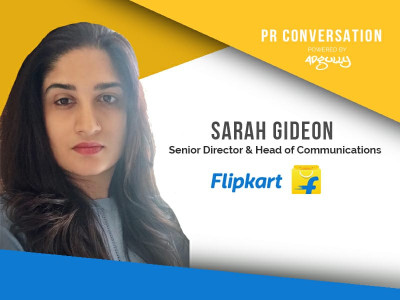







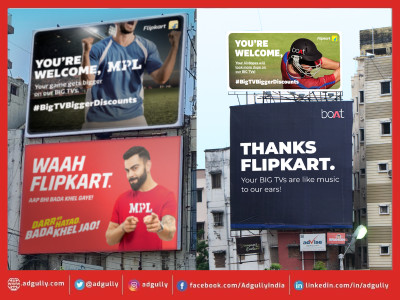
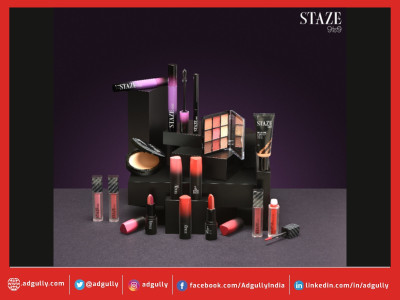
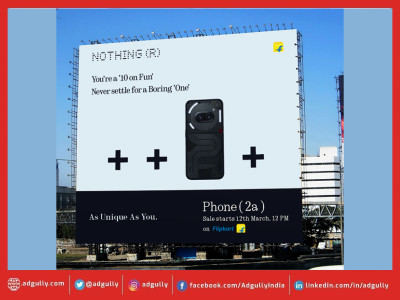
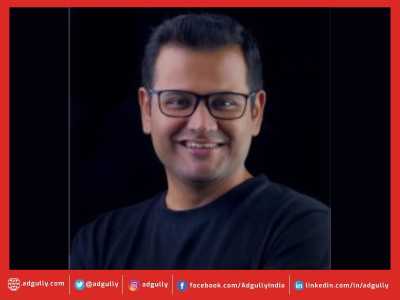
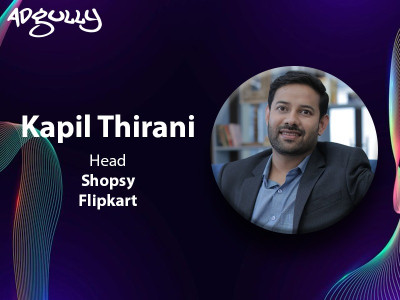


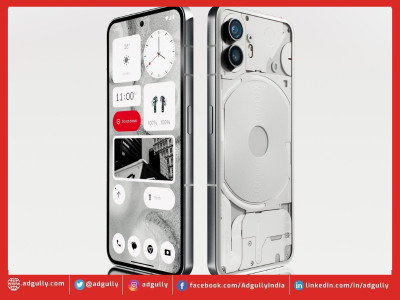

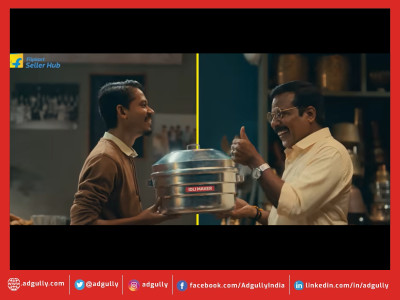
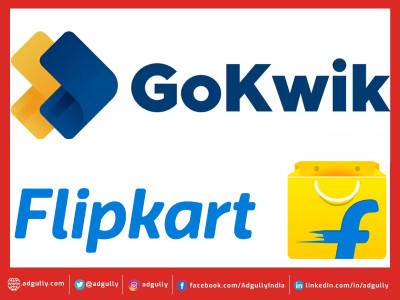
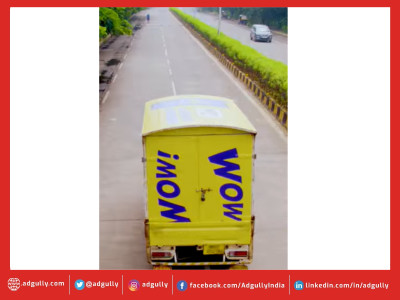

Share
Facebook
YouTube
Tweet
Twitter
LinkedIn